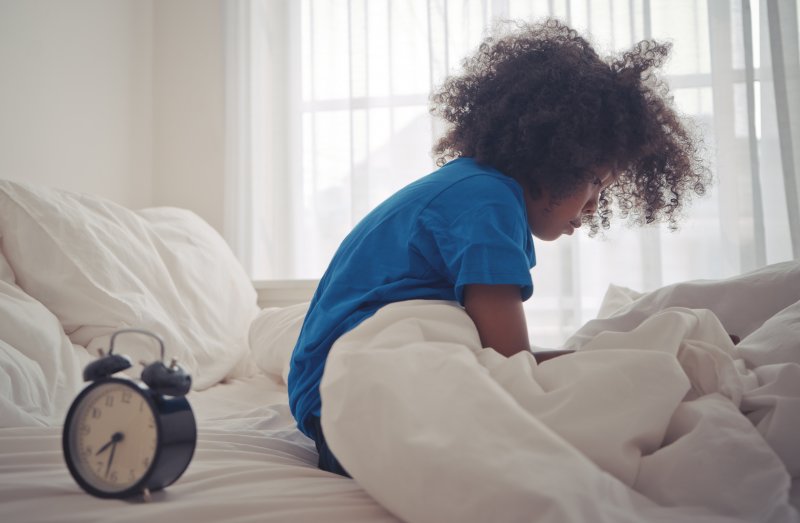
Sleep apnea is an incredibly disruptive condition that can wreak havoc on your sleeping and waking life. Many patients find that they suffer from anxiety as they lie awake or attempt to perform daily tasks. While it may seem these are separate issues, they could be two sides of the same coin. If you want to learn how, continue reading. Understanding the connection between anxiety and sleep apnea can help you take steps toward better health.
What Is Sleep Apnea?
Sleep apnea is a disorder where breathing repeatedly stops and starts during sleep. The most common type is obstructive sleep apnea (OSA), where your throat muscles relax too much, blocking the airway. Symptoms include loud snoring, choking or gasping during sleep, and excessive daytime sleepiness. Untreated OSA can even lead to serious health problems like high blood pressure, heart disease, and diabetes. But what about anxiety?
The Role of Anxiety in Sleep Apnea
Anxiety is a mental health condition that causes excessive worry, fear, and stress. It can cause physical symptoms such as a racing heart, sweating, and trouble sleeping. While everyone may suffer from an occasional bout of anxiety, others have a chronic problem with it.
Patients who continually grapple with anxiety often experience an overall drop in quality of life and sleep quality. It’s no surprise, then, that patients with chronic anxiety also tend to have insomnia and other sleep-related issues.
How Sleep Apnea Affects Anxiety
Frequent disruptions to your resting cycle caused by sleep apnea can also affect anxiety. Untreated sleep apnea can lead to feelings of frustration and hopelessness, contributing to worsening anxiety symptoms. This creates a harmful cycle where anxiety worsens sleep apnea, and poor sleep heightens anxiety.
What You Can Do to Break the Cycle
So, how do you fight back and break the cycle so you can finally get the sleep you need? The first step is seeking professional help. Your dentist can work with you and your healthcare provider to get a diagnosis and secure proper treatment.
Then, you can try to improve your sleep routine. Keeping a consistent schedule, tidying up your bedroom, and avoiding screens before bed can all help improve your sleep quality. Finally, try to do things you find relaxing during the day.
Meditation, yoga, or even playing games or watching TV could all help lessen your symptoms. However, if you need help, there are other professionals available for that too!
There’s no magic wand that can help you get rid of your OSA symptoms, but working with your dentist is the next best thing. Understanding the link between anxiety and sleep apnea can help you take control of your health. By addressing both issues simultaneously, you can break the cycle of sleeplessness and stress, leading to a healthier, more restful life.
About the Author
Dr. Kyra Chadbourne is a compassionate and talented dental expert with a Doctor of Dental Surgery degree from the State University of New York at Buffalo. As a lifelong learner, she has continued her education ever since through advanced continuing education courses and training. Call (207) 878-8600 to schedule a sleep dentistry consultation at Falmouth Dentistry or visit the website to explore other services.
